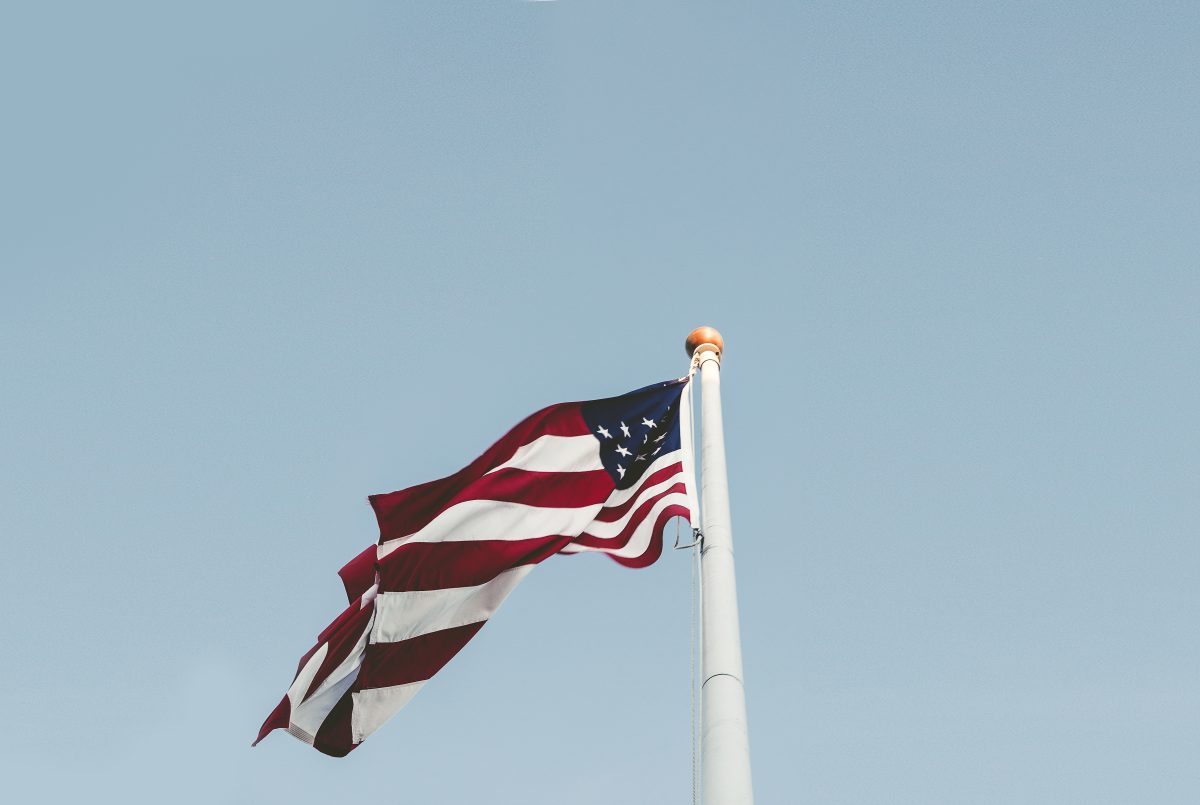Midterm election day is coming up as it is time to vote for U.S. legislatures. As for the eager voters, it is exciting, but for others, it is not as exciting as it seems. Voting today has become something that some people would try to avoid especially the youth.
It seems now that young adults are less interested in voting than older adults. Especially with what is going on with politics now, young adults get discouraged to vote and there are many reasons to list.
First off, one reason that young adults are not eager to vote is that they do not pay much attention to politics. They would even avoid news that discusses politics because most news is so full of topics about politics that people get tired of them. They may not care for politics or they may not want to follow politics at all because of political corruption.
A Suffolk/USA TODAY survey reported that 63 percent of unregistered voters or voters unwilling to vote say that they do not follow politics because of corruption. This makes sense as a corrupted candidate can lead to empty promises and that what makes a candidate untrustworthy. Voters would not vote candidates who they think are not suitable to govern. They would even choose not to vote at all if they do not like either candidate which is another reason why some young adults do not vote. This applies back to the 2016 presidential election where there are voters who did not want to vote because they dislike both Donald Trump and Hillary Clinton.
In contrast, USA Today states “35 percent of Americans ages 18-29 are ‘absolutely certain’ they will vote in November, despite many reporting negative feelings about the state of the country.”
Another main reason is that young adults do not think that their voice matters when voting. According to a report on Pew Research Center, 15 percent of registered voters in the 2016 election say that the reason why they did not vote was that they were not interested or that their votes would not make a difference. This kind of doubt for voting may have some connection of the electoral college and how people think that it is unfair. According to an NPR/Marist poll, 2 in 5 voters think that elections are unfair. It is unfair.
For presidential elections, a state would turn towards the Republican or Democrat depending on the majority votes in each state, but it is just unfair for a state to determine which candidate should win. Also, electoral votes are more important than popular votes when it comes to winning. In the 2016 elections, Trump received 46.09 percent of the popular votes but Clinton had 48.18 percent of the popular vote. However, Trump got 304 electoral votes and won.
Another interesting thing is the lack of knowledge of what to expect in voting. The problem is that schools do not teach students enough about politics and how to vote. When they reach adulthood, they may not be ready to go to the polls. There needs to be more education on how to vote with young adults so they know what to expect. “When young people are surveyed, there is a significant lack of knowledge about how exactly the government works, and, therefore, how their vote matters,” CIRCLE director Kei Kawashima-Ginsberg said at Turk University in an NPR article. If the youth does not pay attention to how the government is doing, they would not know who to vote for.
In Tennessee, Musician Taylor Swift expressed her support for the Democratic candidate, Phil Bredesen. The youth has stood by her. Swift’s Instagram endorsement, according to the website ‘Vote’, has drawn “thousands of people between the ages of 18 and 29 to register to vote.” This tactic of celebrities endorsing certain candidates can usher the youth to register and ultimately cast their vote.
Young adults that avoid politics have also been avoiding the polls; the same polls that stand a chance to change our country. It is understandable for them to not follow politics due to corruption or the popularity of a certain candidate, yet it is important to know that votes and opinions do matter. It is in the voice of the voters for the betterment of the future.







